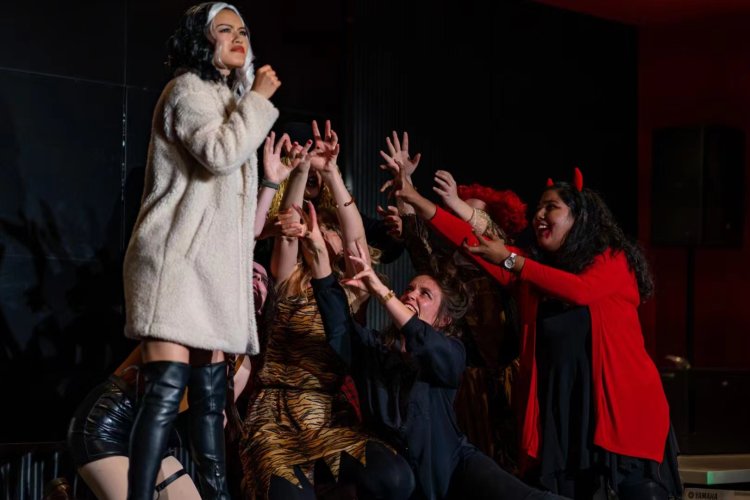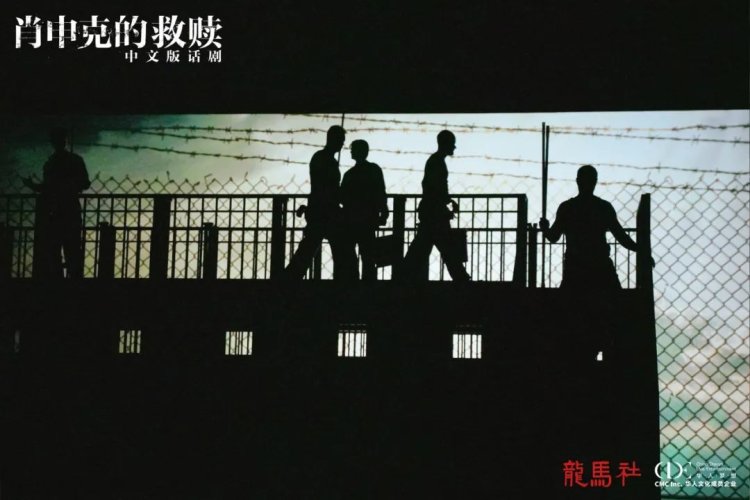Eternal & Maternal: Menba Songstress Yunggiema
Tibet may seem enthrallingly mysterious to outsiders. But Yunggiema says the sacred region’s simplicity is what truly inspires. The budding songwriter’s creative DNA stretches all the way back to her Menba forefathers (also known as Moinba an Monpa, among other names) that drifted to Southeast Tibet from Bhutan centuries ago. She mixes modern beats with their traditional notes. But her immediate ancestry is the main draw.
“When I was a kid, it was my grandmother’s beautiful chanting that helped me truly realize all that music holds,” Yunggiema says of her elder mentor. “I also remember that my grandma took me to see a traditional style dance called Vajra in a temple. The sound of all the musical instruments and chanting monks was so mysterious. My wonder and desire was greatly raised by that. With no doubt, it got into my soul deeply.”
Yunggiema told us more about the familial and Tibetan traditions that she hopes to pass on at Mako Live House on June 8.
What makes your grandmother the perfect teacher? Is she strict or gentle? She has a strong maternal spirit but she’s still graceful and gentle, as if she were still young. She claims to have inherited many ‘traditional spirits,’ that she intends to share… (through) customs, historical details and culture. I’ve always loved watching her sit outside in the warm sun to comb her long hair after washing it. It’s always such a beautiful sight. She’s so peaceful while singing, be it sad or joyful melodies.
What kinds of stories does your grandmother tell you with her songs?There is one called "Elegy," that moves me to tears every time she sings it. It has a lot of imagery, and the lyrics are about a little crane.
What was it about those lyrics that moved you?The song’s story goes like this—a long time ago, a crane mother accidentally lost her small baby when her flock flew from the beautiful lake to the south. After that, the little crane thought the lake was his mom, and when people passed by this lake, they cried “… can you sing a sad song for this poor little crane?” I find that touching, because it shows our love and attachment to our mothers always lasts forever, regardless of distance. Missing someone in that way is always unstoppable.
How would your Menba ancestors react to you looping beats over their traditional song styles? Would they call it innovative, or sacrilege? I have no doubt that they would love it. I use modern beats and the power handed down in my blood to spread the energy of love and life.
Discover Yunggiema’s rhythmic family lineage at Mako Live House on June 8.
Photo: Split Works






